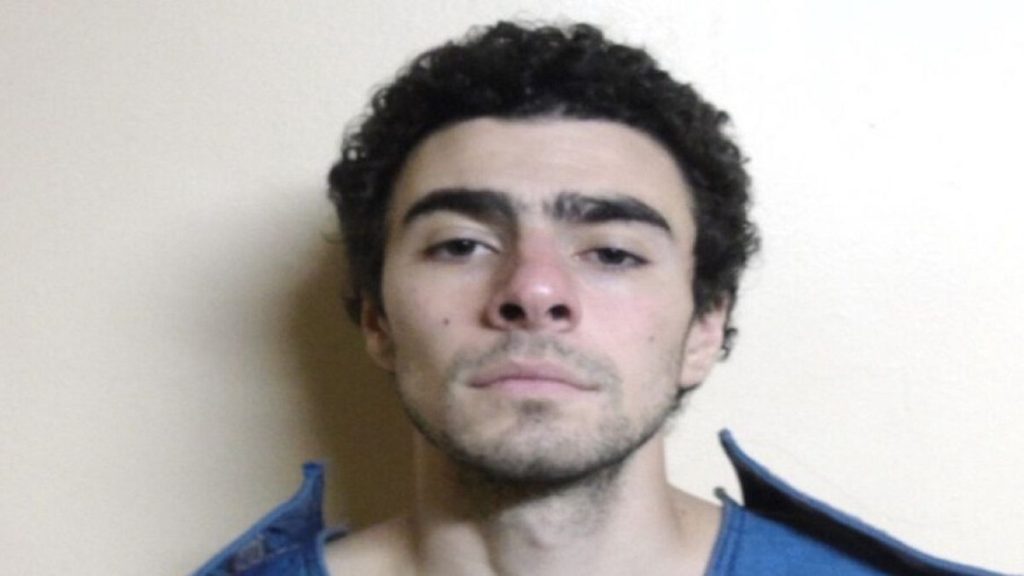The indictment of Luigi Mangione for the murder of UnitedHealthcare CEO Brian Thompson has taken a significant turn with the addition of terrorism charges. A Manhattan grand jury levied charges of first-degree murder and two counts of second-degree murder, with the crucial addition of the terrorism element. This escalation stems from New York law, which allows for such a charge when there’s reasonable evidence suggesting the intent to intimidate or coerce a civilian population, influence government policies through intimidation or coercion, or impact government conduct through murder, assassination, or kidnapping. The prosecution argues that Mangione’s targeted killing of Thompson in a bustling area of Manhattan was designed to create widespread fear and disruption, thereby fulfilling the criteria for a terrorism charge.
The details surrounding the murder depict a premeditated act. Thompson, a 50-year-old executive residing in Minnesota, was in Manhattan for an investor conference. As he returned to his hotel, Mangione shot and killed him. Authorities found Mangione in possession of a “ghost gun,” an untraceable firearm assembled from individually purchased parts, and a handwritten document outlining his motives. This evidence, coupled with Mangione’s subsequent arrest at a Pennsylvania McDonald’s, paints a disturbing picture of a planned attack. The district attorney emphasized the calculated nature of the crime and its potential to instill fear in both residents and visitors to the city.
The apparent motive for the attack stems from Mangione’s animosity towards the healthcare industry. Following a back injury and subsequent surgery involving spinal screws, Mangione developed a deep-seated resentment, particularly towards corporate healthcare. Handwritten notes discovered by investigators revealed his “disdain for corporate America,” specifically targeting the healthcare sector. While the specific connection between Thompson and Mangione’s grievances remains unclear, authorities believe this resentment fueled the targeted assassination.
Adding to the complexity of the case is the unexpected public reaction to the murder. Despite the heinous nature of the crime, Mangione has garnered a disturbing level of support on social media platforms. Some individuals have lauded him as a hero, praising his “courage” and framing his actions as a fight against the system. Others have focused on his physical appearance, further trivializing the gravity of the crime. Law enforcement officials have strongly condemned this perverse celebration of violence, emphasizing that such acts should never be condoned or romanticized.
Luigi Mangione’s background presents a stark contrast to the narrative of a disgruntled individual lashing out against the system. He comes from a privileged background, graduating as valedictorian from an elite Baltimore high school and earning degrees in computer science from the prestigious University of Pennsylvania. His family enjoyed considerable wealth, with his father owning a luxury resort and conference center. This privileged upbringing underscores the perplexing nature of his actions and raises questions about the underlying factors that contributed to his radicalization. Despite his promising future and apparent advantages, Mangione chose a path of violence, leaving behind a trail of devastation and unanswered questions.
The legal proceedings against Mangione are currently underway. He faces extradition to New York, where he will face trial on eleven counts, including the terrorism charges. If convicted on all counts, he faces a mandatory life sentence without the possibility of parole. While his lawyer has confirmed that he will not fight extradition, the complexities of the case and the unusual public reaction will undoubtedly make for a closely watched trial. The outcome will not only determine Mangione’s fate but also send a message about the societal response to violence and the increasing prevalence of anti-establishment sentiment fueled by online platforms.














